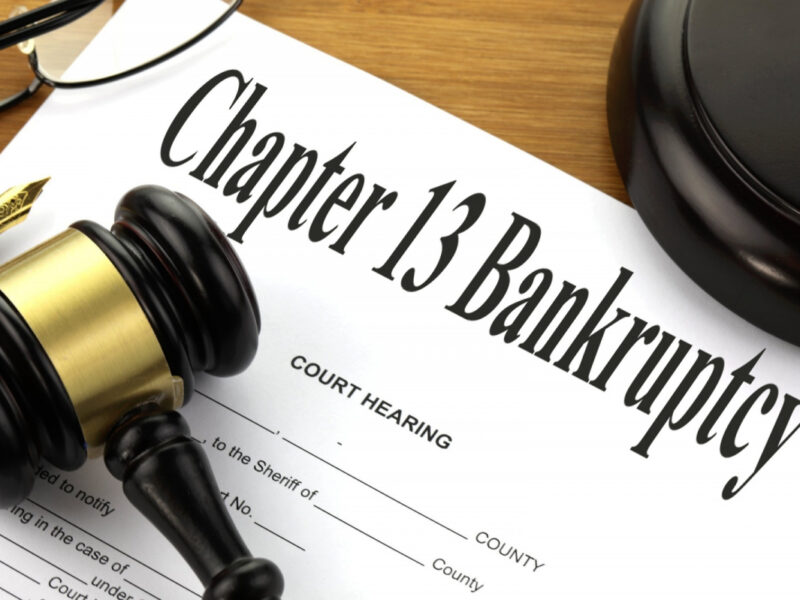“Undue hardship” is the standard that CHAPTER 7 & CHAPTER 13 BANKRUPTCY Judges must determine in order to discharge your STUDENT LOANS. Here are some examples of cases where debtors were sucessful and unsuccessful:
- A 50 year old STUDENT LOAN BORROWER who was earning only $8.50 and hour as a telemarketer was granted a discharge where the BANKRUPTCY JUDGE found that the borrower had reached maximum earning capacity, did not earn enough money to pay the loans and support minimal family expenses and appeared to be trapped in a “cycle of poverty.”
- A college-educated married couple proved UNDUE HARDSHIP where they both worked and had income barely above the poverty level. Both borrowers worked in worthwhile – low-paying careers: One worked as a teacher’s aide and the other as a teacher working with emotionally disturbed children. Even with a very frugal budget, they had $400 more a month in expenses than income including $100 monthly tuition sent to their daughter to attend private school. Relatives paid for most of this and the couple testified that they objected to the public school’s corporeal punishment policy. The BANKRUPTCY COURT found that the couple had acted in good faith because they asked about the possibility of a more affordable repayment plan. Not all courts are as sympathetic to borrowers who work in low-paying careers. For example, one borrower was denied a discharge because he worked as a cellist for an orchestra and taught music part-time. The court suggested that this borrower could find higher-paying work. Another court came up with the same result for a pastor. The court found that it was the borrower’s choice to work as a pastor for a start-up church rather than try to find a higher paying job.
- A number of BANKRUPTCY COURTS have granted discharges in cases where the borrower did not benefit from the education or went to a fraudulent school.
- There have been mixed results when borrowers have tried to show that their financial difficulties would persist into the future. One BANKRUPTCY COURT found that a borrower’s alcoholism was not an insurmountable problem, but some borrowers have won these cases. In one case, a borrower’s testimony about her mental impairment, including evidence that she received Social Security benefits, was enough to convince the court of undue hardship. The court agreed with the borrower that her ongoing mental illness was likely to continue to interfere with her ability to work.
Our State of the Art Computer system allows us to serve all of the Counties and Cities in the North East Michigan including: Saginaw (Saginaw, Frankenmuth, Chesaning, St. Charles, Hemlock, Shields, Freeland, Carrollton ); Bay (Bay City, Essexville, Auburn, Kawkawlin, Linwood, Pinconning, Standish); Midland (Midland, Sanford, Edenville, Wixom Lake); Gratiot (Ithaca, Alma, St. Louis, Breckenridge); . Isabella (Mount Pleasant, Shepherd, Coleman); Gladwin (Gladwin, Beaverton, Rhodes); .Clare (Clare, Farwell, Harrison); Roscommon (Roscommon, Prudenville, Houghton Lake, Higgins Lake, St. Helen); Crawford (Grayling); Otsego (Gaylord); Cheboygan (Cheybogan); Presque Isle (Rogers City); Montmorency (Atlanta); Alpena (Alpena); Oscoda (Mio); Ogemaw (West Branch, Skidway Lake, Prescott); Alcona (Alcona, Harrisville); Iosco (Oscoda, Au Sable, East Tawas, Tawas, Whittemore, Alabaster); Arenac (Au Gres, Standish); Tuscola (Caro, Reese, Richville, Mayville, Millington, Akron, Fairgrove, Cass City); Huron (Bad Axe, Sebawing, Bay Port, Pigeon, Caseville, Pinnebog, Port Austin, Harbor Beach)
